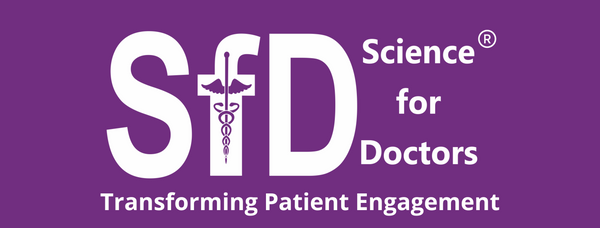
The Art and Science of Health Management
Share
In today’s fast-paced world, health management is more important than ever. With increasing awareness of the need for a balanced lifestyle, individuals and organizations are adopting proactive measures to ensure well-being. But what exactly is health management, and why is it critical?
What is Health Management?
Health management involves a systematic approach to maintaining and improving one’s physical, mental, and emotional well-being. It encompasses a wide range of practices, including:
Preventive care: Regular check-ups, vaccinations, and screenings.
Nutrition: Balanced diets rich in essential nutrients.
Physical activity: Routine exercises tailored to individual needs.
Mental health support: Stress management, therapy, and mindfulness practices.
Chronic disease management: Monitoring and treatment plans for conditions like diabetes, hypertension, or asthma.
Why is Health Management Important?
- Enhanced Quality of Life: Good health allows individuals to live fulfilling lives, free from debilitating conditions.
- Cost Efficiency: Preventive care reduces the need for expensive treatments.
-
Increased Productivity: Healthy individuals are more focused and energetic.
- Longevity: Effective health management contributes to a longer lifespan.
Core Pillars of Effective Health Management
Education Knowledge is power. Understanding health basics, such as recognizing symptoms of common illnesses or knowing when to seek professional help, empowers individuals to make informed decisions.Regular Monitoring Tracking health metrics like blood pressure, cholesterol levels, and weight ensures timely intervention when abnormalities arise.
Lifestyle Choices
- Nutrition: Opt for whole foods over processed options.
- Exercise: Aim for at least 150 minutes of moderate activity weekly.
- Sleep: Prioritize 7-8 hours of restful sleep each night.
Mental Well-being Mental health is as crucial as physical health. Practices like yoga, meditation, or simply taking breaks can mitigate stress and improve overall well-being.
Technology in Health Management
The digital age has revolutionized health management. From fitness trackers and mobile apps to telemedicine, technology offers tools to monitor, analyze, and improve health efficiently. Wearable devices can track steps, heart rate, and even sleep patterns, while apps remind users to stay hydrated, exercise, or take medications.
Community and Support
Health management thrives in a supportive environment. Joining fitness groups, attending workshops, or participating in online forums can foster motivation and provide access to shared knowledge.
Overcoming Challenges
Despite its importance, health management often faces hurdles:
Misinformation: Navigating the internet’s vast array of health advice can be daunting.
Financial barriers: Quality healthcare can be expensive.
Solutions include planning, consulting professionals, and leveraging free or affordable resources like community health programs or online tools.
Conclusion
Health management is not a one-size-fits-all concept but a personalized journey. By integrating education, regular monitoring, healthy lifestyle choices, and technology, individuals can take charge of their health effectively. Remember, your health is your most valuable asset—invest in it wisely.
